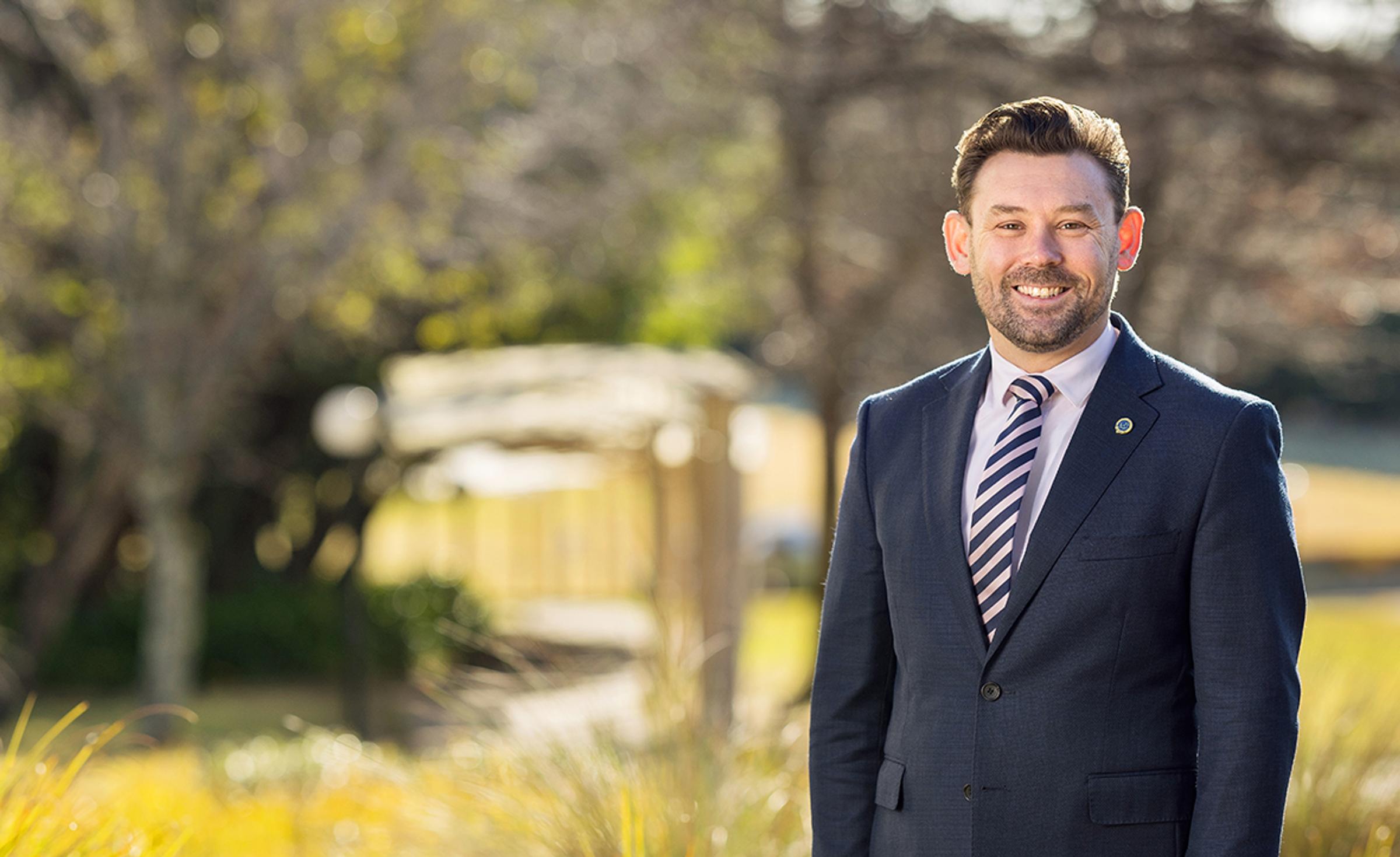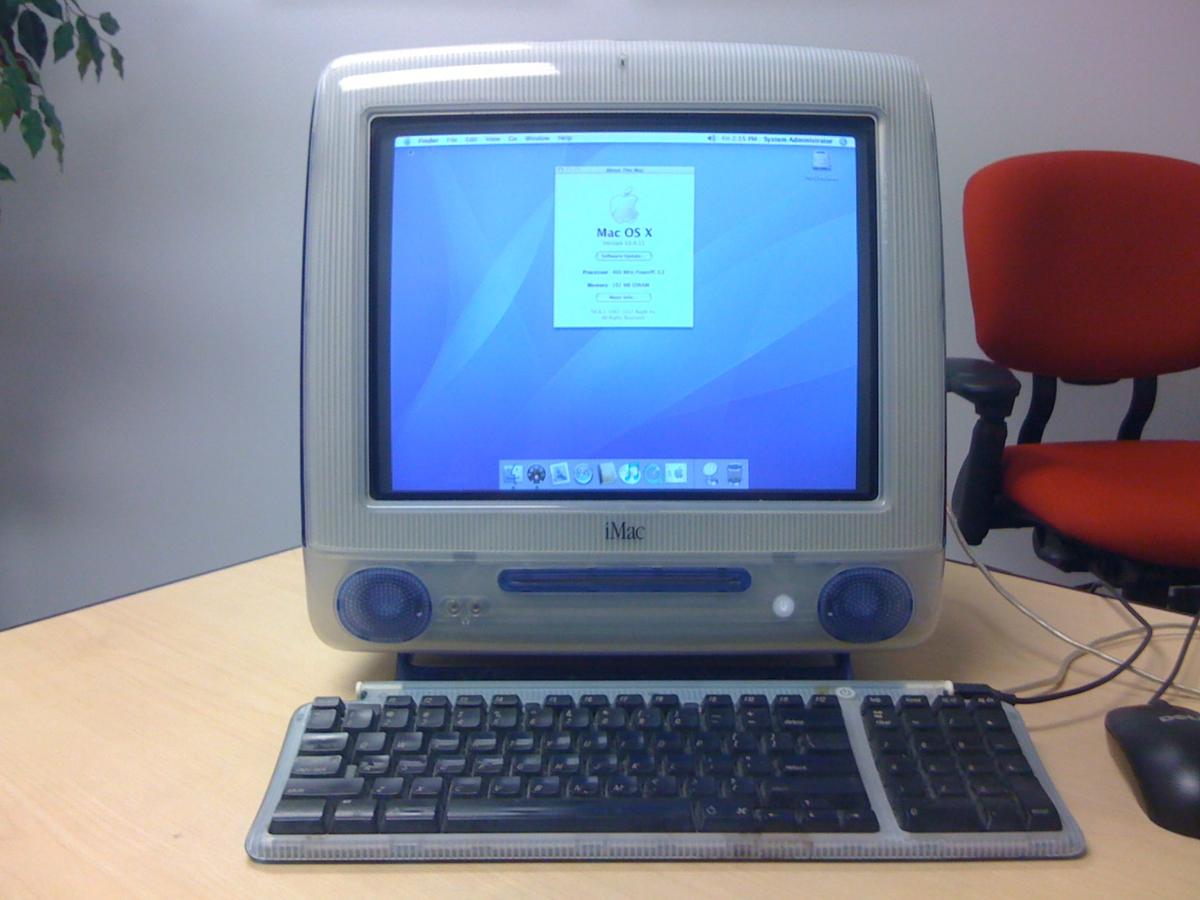From the Director of Innovative Pedagogies

Educational Technology in Schools: Friend or Foe?
When I finished school over 20 years ago certain trends were in vogue. Fashion styles were being set by Lindsay Lohan, Paris Hilton and Britany Spears. The first of the Fast and the Furious films had just been released and Von Dutch trucker caps were moving through society like a plague. In schools, there were four or five computers for the entire Senior School and they were situated in the library under the eagle-eye of the staff. We used a wretched browser, Netscape Navigator that would continually claim to load without anything changing. Little did I know that this was the start of the shift into device-based education in schools.
Fast forward to 2024 and we are still trying to get device-based education correct in schools. Jonathan Haight, addresses some of the big problems with mobile phones in his book The Anxious Generation (which I have written about previously) and I recently read an article that goes further with this idea and digs into digital wellness. This is defined in the article as ‘an intentional state of engagement with the digital world that does not interfere with - but instead supports - mental, physical, and social health.’ Can we say that about eduTech? Do the ways we use laptops, videos, cameras, online textbooks and software in schools improve or reduce our health?
Like many questions in education, the answer is not that simple. The real question is not whether screens belong in schools - it’s about how to incorporate them in ways that teach unique skills or elevate learning. A computer is just another resource like a volleyball, pencil or table; there is not anything inherently right or wrong about them in and of themselves, but unlike a volleyball, screens have the potential to do a lot more harm and a lot more good.
Technology will continue to be a part of lives for many years now and we would be doing students a disservice if we did not upskill them in their use. We would be negligent and naive to think that we can do schooling without modern digital technology, so rather than moving to one extreme or the other on this issue, it would be great to consider the REACH model, as outlined in the article.
- R: Remove Weak Tech – Tech can distract and in many cases is not necessary. If the technology is not providing unique value-add then remove it. For younger students, this can be excessive gamification of learning and reliance on e-readers.
- E: Embrace Powerful Tech – Rather than as a reward for finishing other tasks quickly, tech should be used to teach high level skills such as web design, music editing and robotics. Skills like spreadsheet creation will often have use across a range of situations, so it would be excellent to teach students how to use them well.
- A: Accept the Digital Dilemma – To fully remove technology from education would be inappropriate, but refusing to engage with this issue and just allow students to self-moderate is also unacceptable. As educators and as families we need to work out best practice unpack with student why we are making these choices around technology use.
- C: Create a Tech Plan – Knowledge of the latest technology research, as well as the latest research in child development, non-tech methods of teaching and mental health need to guide a school-wide approach to screens in schools. This can include upskilling for staff as well as a code of conduct and acceptable use policy.
- H: Honour Human Connection – No technology can fully replace human relationships that can bring success, engagement and well-being. Human connection assists with a sense of belonging and community that has multiple health benefits.
It would be very easy for us as teachers and parents to throw in the towel on this issue. We could release them to their devices and deal with the consequences, come what may. However, I trust, that like me you see the value in developing intentional steps that help students engage with school and eduTech in a way that supports mental, physical and social health. I’m looking forward to working through this with staff and the community in the future.
The full article can be found here
Christopher Sanders
Director of Innovative Pedagogies
